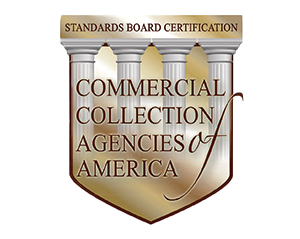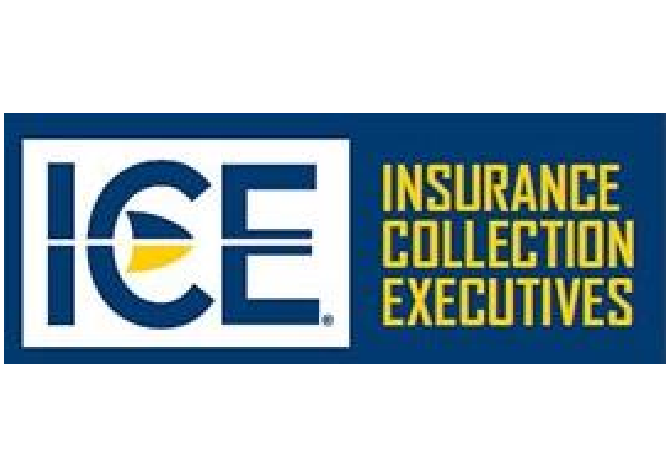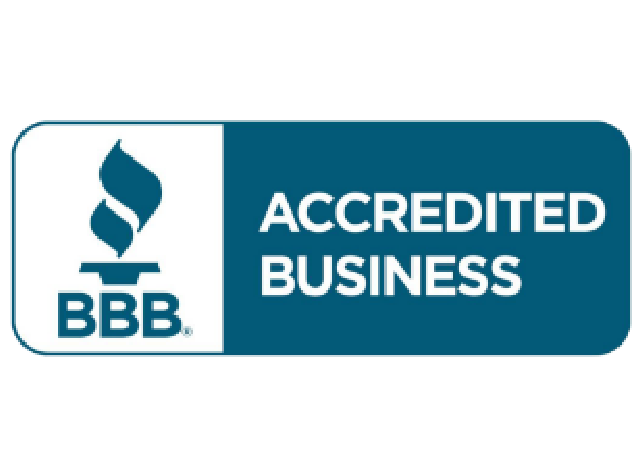Home / News & Insights / September 19, 2019 / ...
So Sue Me
When a collection agency has exhausted its efforts and payment still hasn’t materialized, it’s time to consider the next step: filing suit.
How does a creditor know when litigation is the right course of action? The (sometimes frustrating!) truth is there are no guarantees, but there are key factors that can help determine whether a lawsuit is likely to produce results that make the effort and expense worthwhile.

How much do they owe?
Filing fees, process server charges, and other unavoidable expenses — typically referred to by the catchall term “court costs” — vary widely from state to state and sometimes even from county to county. The one thing they all have in common is that they’ve risen sharply in the last decade, driven by up by budget-crunched state and local governments.
These costs completely separate from the collection attorney being paid for their services, which is generally on a contingent percentage basis similar to that of collection agencies: If the creditor doesn’t get paid, neither do they. In some cases, if the risk of recovering nothing is high, they will charge a non-contingent suit fee, typically 5% of the balance due, as compensation for their work on the case.
With all this in mind, it’s rarely worth the effort and cost to pursue litigation for a balance less than $5,000.00.
What’s the status of the entity?
If your debtor is a business, are they operating? Do they have a valid telephone number and physical address? Are they listed as active by the Secretary of State? If the answer to any of these questions — especially the last one — is no, there’s a strong risk that the attorney won’t be even able to get them served with the initial complaint. And if they are served, it’s likely to end up in a “paper judgment” that never results in any payment.
If your debtor is an individual, it’s even more important to make certain you have a valid physical address where they can be served. There’s no backup option, no registered agent or service via Secretary of State. And the truth is, most judgments against individual debtors never recover any funds, because…
Do they have attachable assets?
One area where your collection agency’s experience and resources are invaluable is in determining what assets the debtor might have. Nothing is foolproof, but there’s a wealth of public records your agency can use to paint a helpful picture of the debtor’s financial situation. That active business that looks like it should have plenty of resources to pay its bills? It could turn out that they have prior judgments against them, liens placed by the IRS, or a big mortgage secured by all their inventory and equipment as collateral. The liens and secured debts take priority by law, and those outstanding judgments often mean there was nothing left over to pay those creditors — which means there won’t be for your debt either!
With an individual debtor, consumer protection laws severely limit your ability to collect on a judgment. Wages can be garnished on a limited basis — if they’re earning them, and if they don’t qualify for a variety of exemptions. Or a lien could be placed on their home or other property, which won’t matter until they try to sell it.
Are they disputing the debt?
Debtors who just evade demands are one thing, but what if they insist the debt isn’t owed at all? Even if they can’t or won’t give you a valid reason why they believe they shouldn’t pay, a debtor who won’t budge from their position is likely to contest the suit and drag you through a drawn-out litigation process in the hope that you’ll decide it isn’t worth it and go away.
It’s tempting to stand up for the “matter of principle,” but it doesn’t always make pragmatic business sense. Better to decide at the outset whether the amount owed is worth it, before you invest the money and effort in a lawsuit.
Is it ever worthwhile to sue?
That long list of cautions might make it seem like we’re trying to talk you out of ever filing suit in a collection matter! But many accounts, after careful review, do emerge as viable candidates for litigation. This is just an overview. Each claim is different, and your certified agency can analyze and make a recommendation about which ones look likely to produce results. In partnership with a bonded collection attorney, they’ll help you navigate the system for the best possible return on your investment.
To learn more about how Brennan & Clark works with attorneys in the Triadic System to minimize losses and help protect your interests, contact us.






